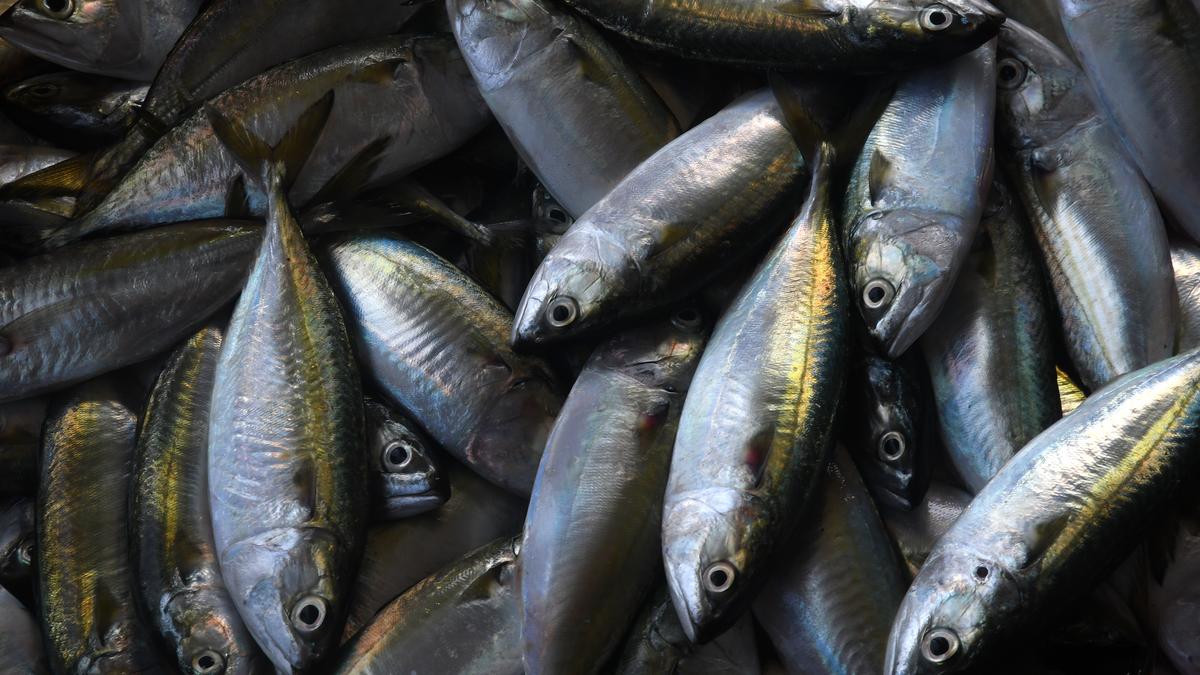
Hyderabad-based INCOIS scientists map mackerel movement to aid in fishing success Premium
The Hindu
INCOIS uses science to map fish movements, saving fishermen time and money, with AI predicting mackerel hotspots.
Fishing need not be a lottery. It can be a scientific endeavour, with researchers mapping the movements of different fish species, identifying the feeding hot spots, and providing precise locations for the fishermen to hunt, thereby saving them time, money, and fuel in the process.
Hyderabad-based Indian National Centre for Ocean Information Systems (INCOIS), under the Ministry of Earth Sciences (MoES), has been successfully issuing daily advisories on Potential Fishing Zones (PFZs) for tuna and other marine species by studying sea surface temperatures and chlorophyll distribution. The advisories are provided in English, Hindi, and eight coastal regional languages to benefit an estimated nine lakh or more fishing communities.
INCOIS scientists have now discovered that ‘Malabar sea upwelling’, the process of nutrient-rich deep water rising to the surface, plays a crucial role in determining mackerel abundance along southwest coast of India.
The influx of nutrients to the sea surface supports plankton growth, which attracts small fish for feeding and breeding. These small fish, in turn, draw the mackerel to these feeding grounds. Additionally, rainfall patterns and seawater temperature variations at different depths were found to influence the mackerel catches along the Malabar coast.
Scientists say the findings of the study conducted to better understand the relationship between ocean conditions and mackerel availability have significant implications for sustainable fishery management in Karnataka and Kerala.
“Our research provides valuable insights for predicting mackerel fish aggregation areas by identifying seawater temperatures at different depths and other key factors that aid in optimising fishing operations. This knowledge can help fishermen target areas with higher mackerel concentrations, reducing fuel consumption and improving their catch rates,” says INCOIS Group Director, Ocean Modelling Assimilation and Research Services Group, T.M. Balakrishnan Nair.
He pointed out that Artificial Intelligence (AI) and Machine Learning (ML) are at the core of developing a predictive model for Indian mackerel PFZ advisories, enabling more accurate and timely recommendations for fishermen.











